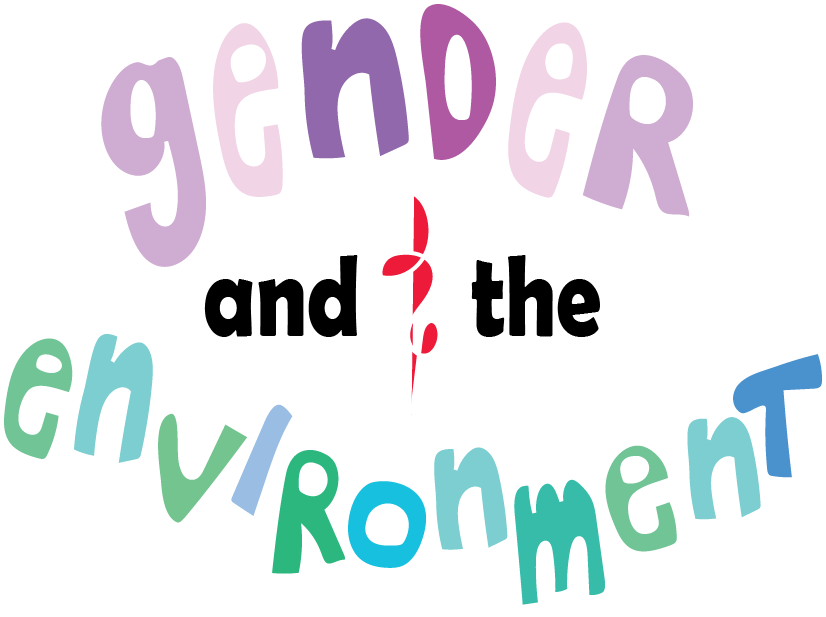
The Hygiene Muck. Part 2
Hello and welcome back to the Hygiene Muck! Before I begin, let me introduce Stonks, a well-known meme who has something to say:
I agree, panic indeed! Though it may not feel like an individual’s choice in menstrual products holds much weight, but when multiple individuals feel the same, their choices accumulate and create a huge impact on the environment.
I’ve read in a National Geographic article that 2018 saw an estimate of almost 15,000 single-use pads and tampons disposed of as plastic waste in landfills per menstruator in the US alone. Shocking!
Also, improper disposal methods of pads and tampons through toilets cause some to end up in our oceans, and in the stomachs of sea turtles! (Personally, I have found tampon applicators during beach cleanups, and that’s not something you want to find yourself lying next to when enjoying the sea breeze. :/ )
Is there anything we can do to help? It’s not like we can stop using pads and tampons during our periods right?
Remember how we talked about reusable products in my last post? There were some participants who used those and others who chose not to because of “inconvenience” and “hygiene” but I have to admit that the participants in my survey all come from affluent countries, and are privileged in having a choice between the types of products they would like to use based on their own comfort and convenience.
Let me add another perspective into this mix:
“Choice is only for the rich”- Hello, Love, Goodbye (Garcia-Molina, C., 2019)
A short yet powerful statement from a movie following the love story of a poor foreign domestic worker in Hong Kong, as well as another issue that finds itself a part of this hygiene muck.
In many places, that availability of choice is absent and many females do not have the access to single-use menstrual products, much less reusable ones. In India, some females use homemade cloth pads which may seem reusable but are either buried or burned after use, because they are seen as mediums for witchcraft and toxic enough to corrupt one’s purity. Especially in rural India, where the process of menstruation is frowned upon and considered “dirty”.

How I felt reading about period shaming
That view is often extended to females who then feel shame for a biological process they are expected to go through for procreation. The unfair gender expectation placed upon these females by cultural and religious stigmas (mentioned in my last post) added on to the lack of basic facilities creates a larger barrier between females and good hygiene as well as waste management in less affluent countries.
With this in mind, how do we break these barriers?
I think education is the first crucial step, eventually leading to people having more opportunities and the capacity to make more sustainable decisions. This won’t be a simple task to accomplish and everyone has a part to play if we intend to drag ourselves out of this muck!

